California Governor Gavin Newsom, a longtime ally of the tech industry in the state, is cautioning lawmakers in his own party who are trying to introduce bills that would start regulating AI ahead of various concerns.
Newsom feels like he wants to protect California’s edge they have over other countries and places with the technology, thinking overregulation will put the state in a worse position.
Newsom’s Comments
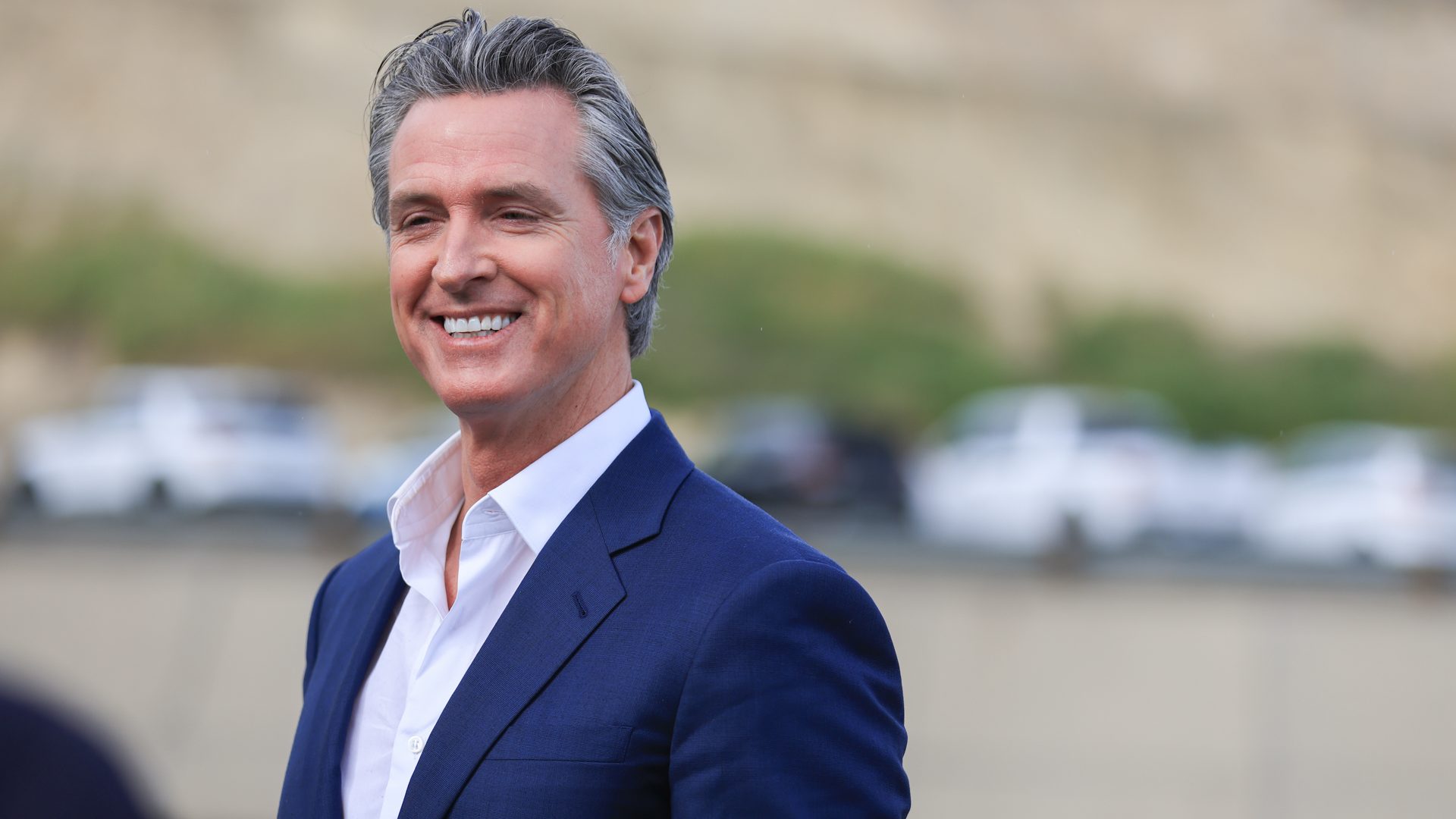
During his recent attendance at an AI event in San Francisco, Newsom delivered his warning about overregulation.
“I don’t want to cede this space to other states or other countries,” Newsom said. “If we over-regulate, if we overindulge, if we chase the shiny object, we could put ourselves in a perilous position.”
History With Tech

As Governor of California as well as his former position as mayor of San Francisco, Newsom has consistently felt that it is important that the tech industry remains based in California.
He has previously called it an important source of tax revenue and sees it as critical to California’s competitive and technological edge compared to other states and even other countries.
Disagreement Among Democrats
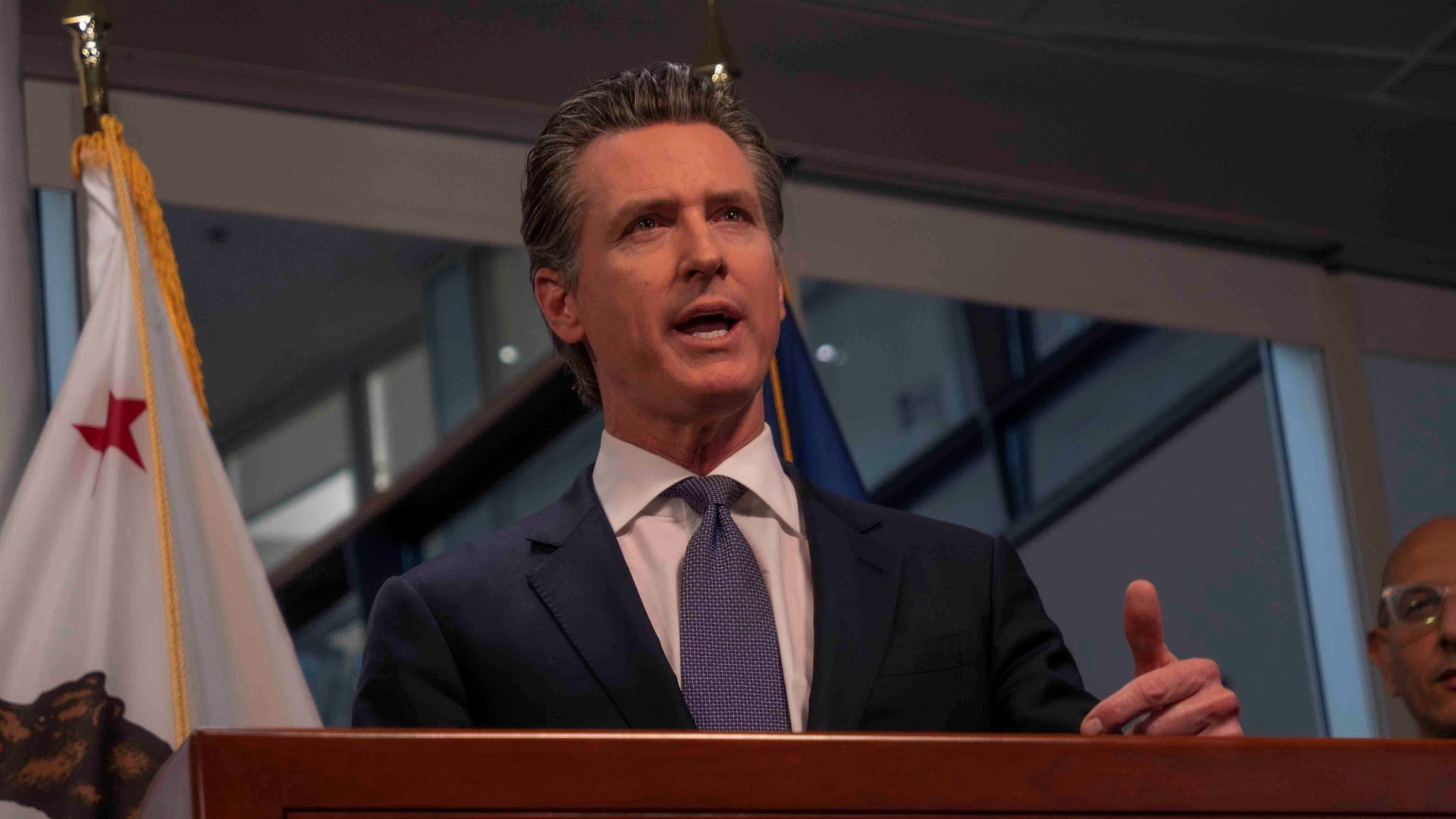
Newsom’s position on giving tech what it needs to be competitive and prosperous has put him at odds with the members of his own party.
Democrats in the state legislature have been introducing a flurry of bills targeting AI and the tech industry, wanting to ban what they see as “biased discriminatory algorithms” and clamp down on disinformation ahead of the November election.
Recent California Bill

One of the most recent AI bills was introduced last week and is called the AI Accountability Act, or SB 896.
Introduced by Democrat State Senator Bill Dodd, the bill would allow government agencies to have a greater say on how companies can develop automated technology.
Newsom on the Bills
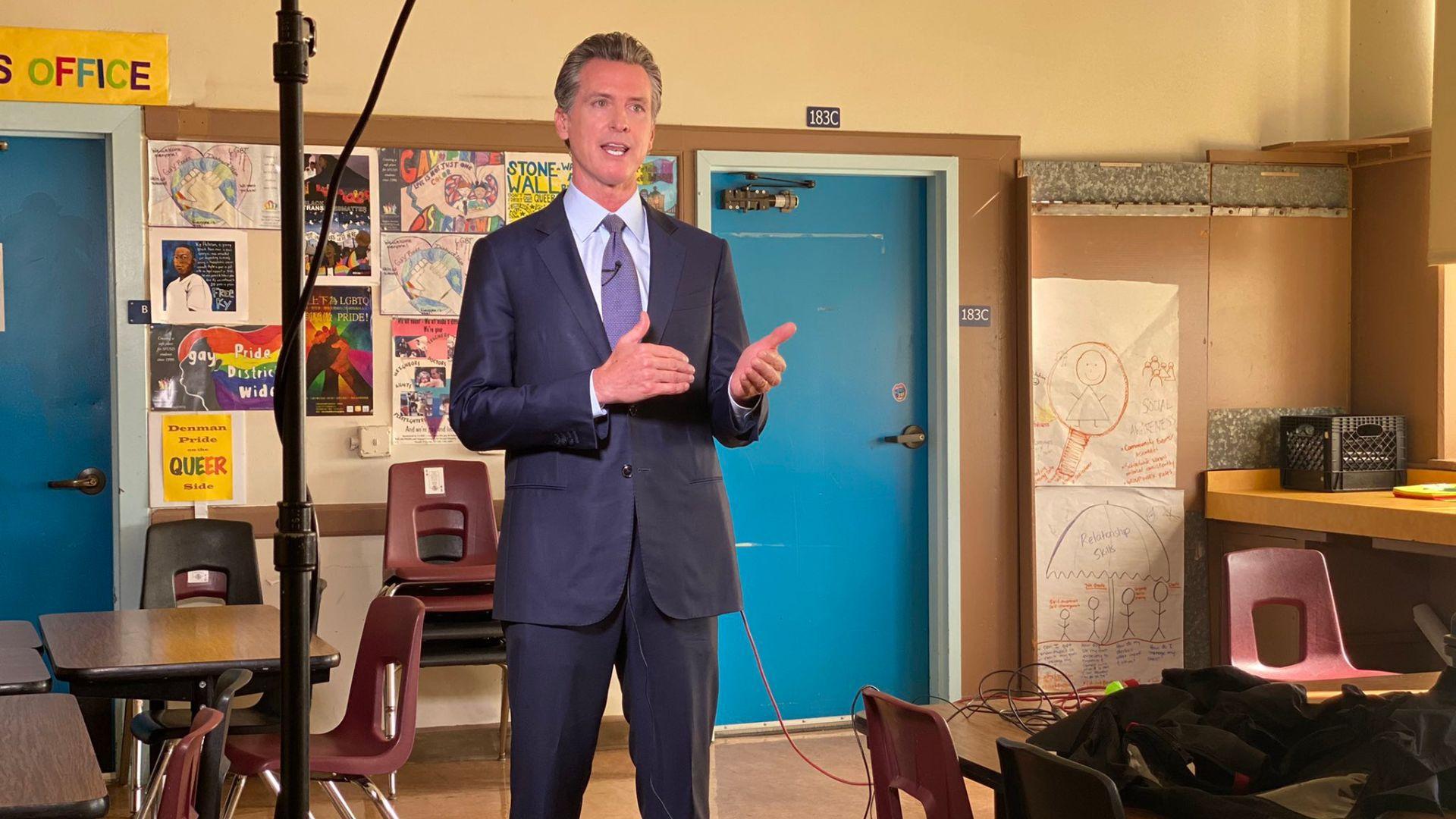
Although Newsom is supportive of the tech industry, he has thus far avoided publicly commenting too much on the status of these AI bills until now.
Last week, he refused to comment when asked about a safety bill by State Senator Scott Wiener who is worried about how AI could be used for catastrophic things like cyber attacks and developing bioweapons.
Why Are There So Many AI Bills?

There are several interested parties who are not keen to see an unfettered proliferation in AI technologies. There are some who fear that AI has the potential to destroy the world and that a free-market approach just isn’t the best way to go about it.
“We’re building an industry now. We’re not making some app that delivers dinner,” said Matt Boulos, head of policy and safety at Imbue. Imbue focuses on integrating AI systems with human values. “If we take the risks of AI seriously, we need to put in place the incentives that keep them from being realized.”
Protecting Jobs

Still other groups concerned about AI are labor unions and average workers, who see it as a looming threat that will replace their jobs.
The World Economic Forum has predicted that the development of AI will lead to 84 million jobs worldwide being replaced by 2025.
Job Losses Rising

In December, CNBC reported that AI job losses are already a big problem. An estimated 37% of business leaders in the United States in 2023 said that AI had replaced some of their workers.
Employees in a survey by Asana reported that they felt 29% of their work tasks could be replaced by AI.
Nuanced Stance
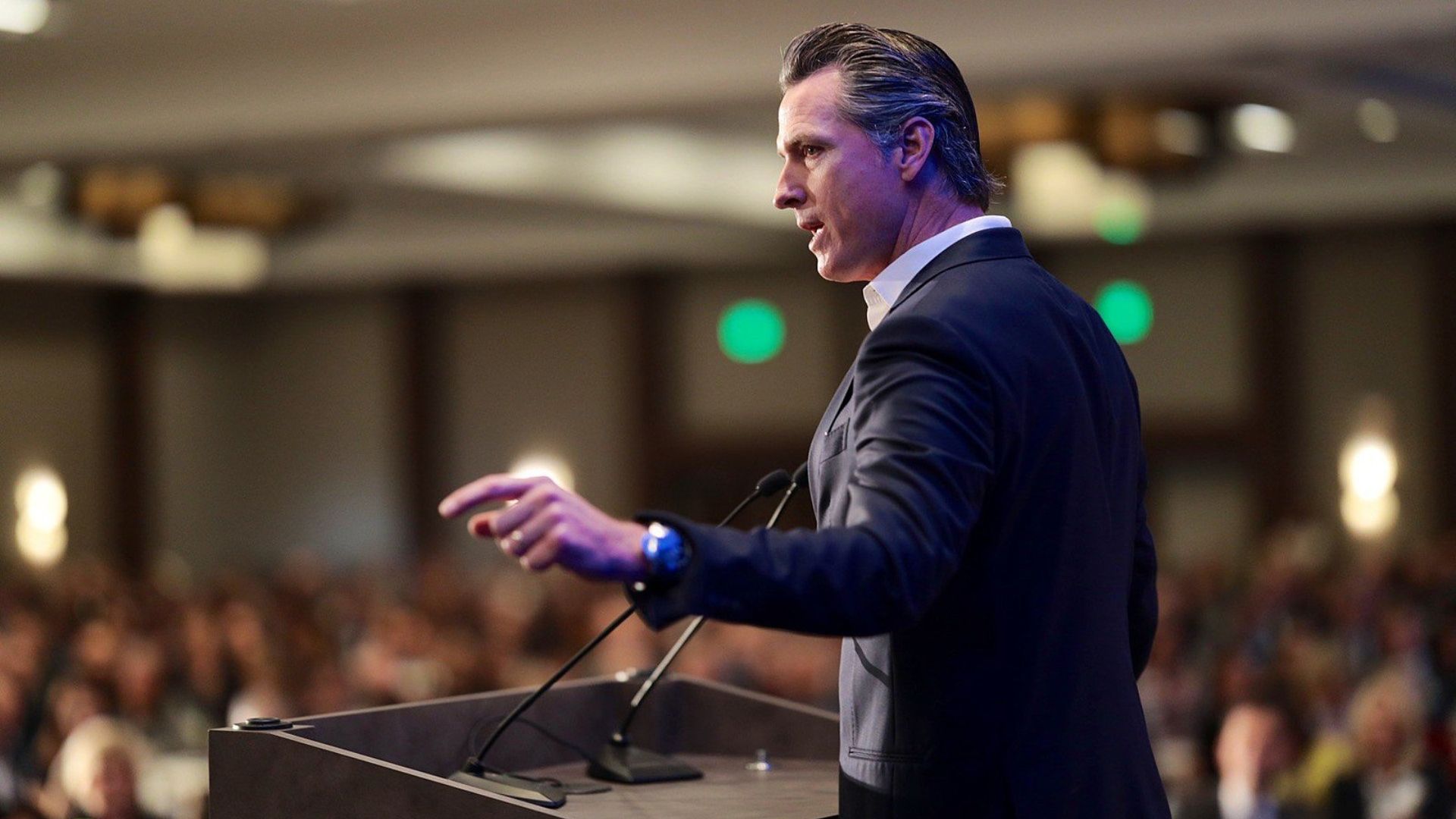
Some may see Newsom’s stance on AI and tech as hypocritical, given that he in other industries, including the gasoline and oil industry, is very keen to introduce regulations wherever possible. However, Newsom sees the situations as entirely different, trying to take a more nuanced approach.
“When you have the inventors of this technology, the godmothers and fathers, saying: ‘Help, you need to regulate us,’ that’s a different environment,” Newsom said.
AI and Elections
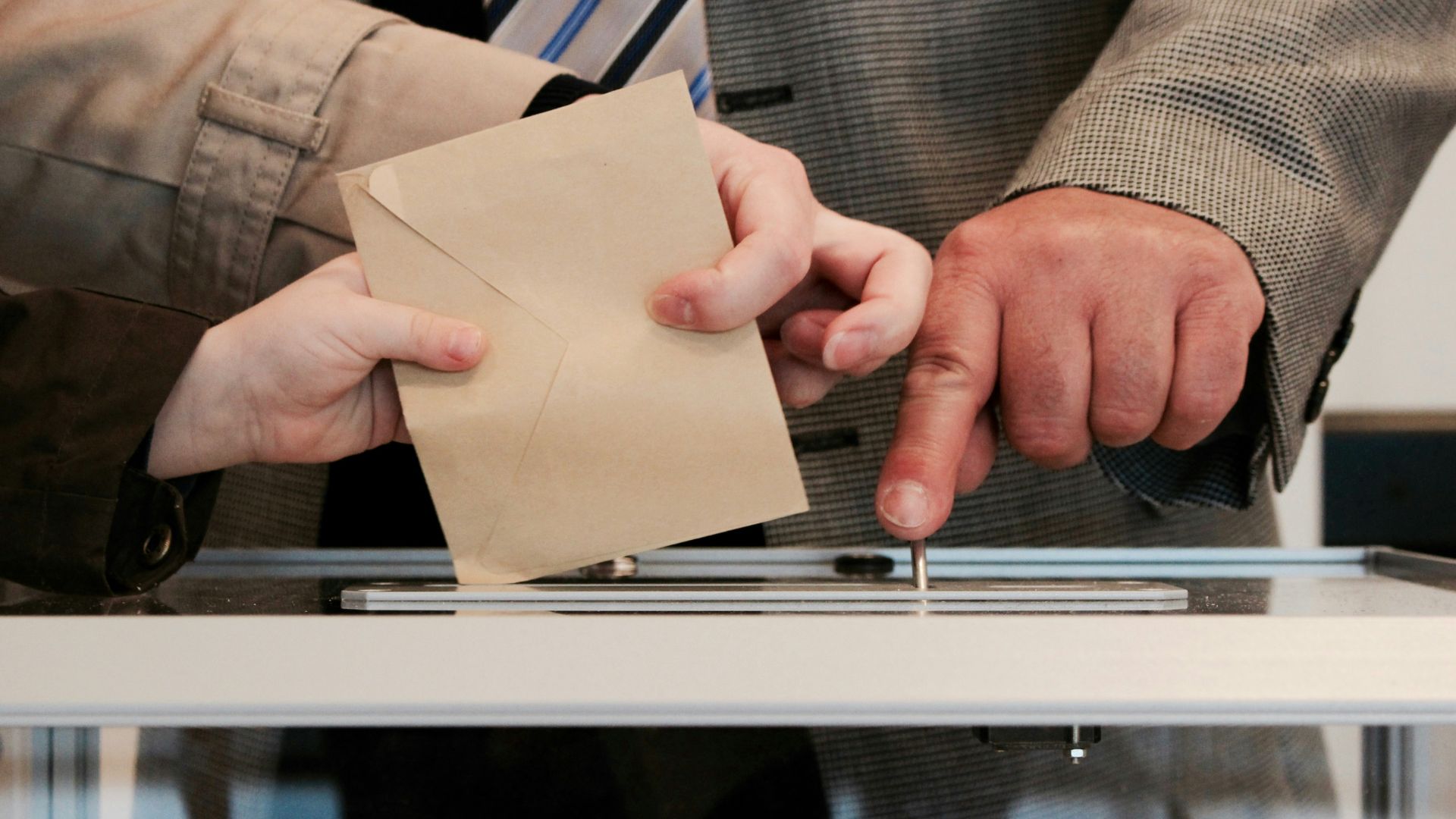
While Newsom has resisted efforts to regulate AI, he has suggested he is open to rules on some level. He mentioned that he’s concerned with the ability of AI to undermine Democratic elections through the use of bots.
“I’ve got personal reasons to believe that’s legit — the voice, videos, these AI bots, the persuasion campaigns,” Newsom said.
Argument Against Regulation
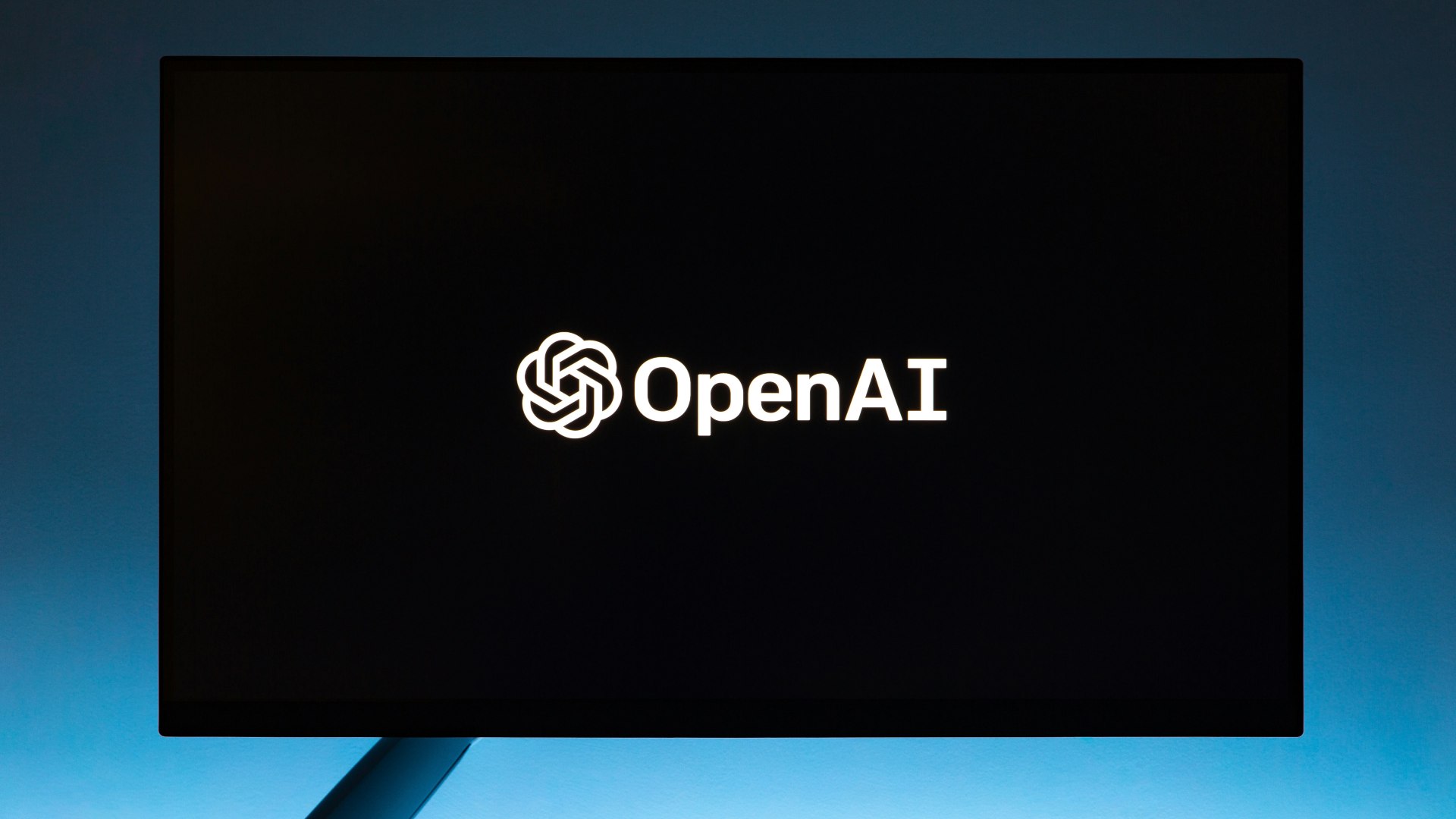
Some see regulation as counter-productive, even if it has good intentions because it will just make it harder for other companies to compete against already established AI giants, leading to a consolidation of power.
“Regardless of whether that’s the intent, the ultimate outcome will be to make it much more difficult for other companies to compete with OpenAI,” said Alliance for the Future Executive Director Brian Chau. Chau represents a Washington-based group that is trying to prevent government lawmakers from needlessly slapping regulations on the industry out of fear and an “escalating panic around AI.”
